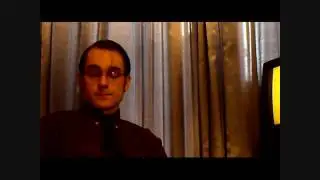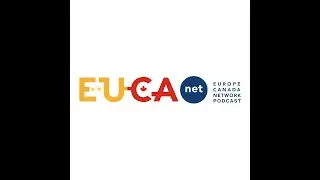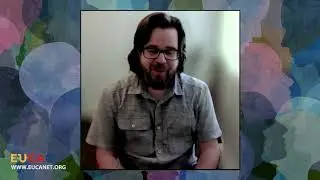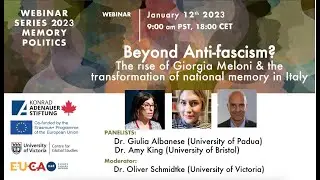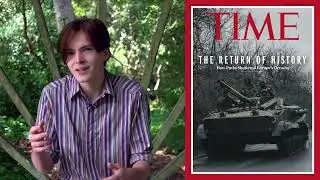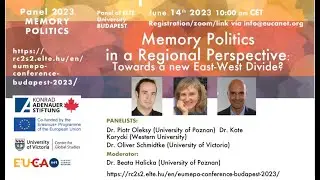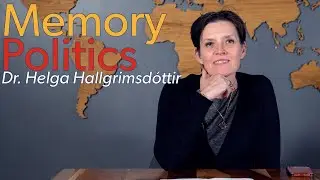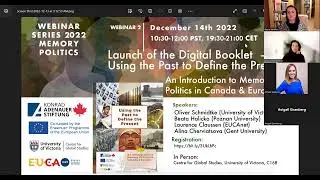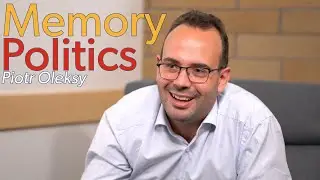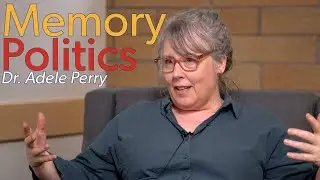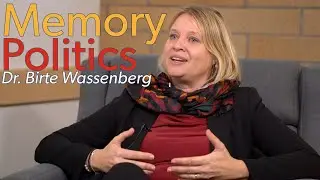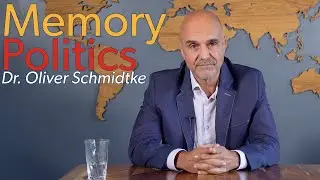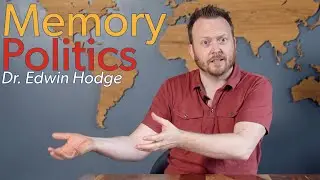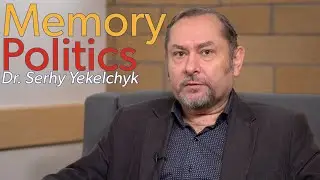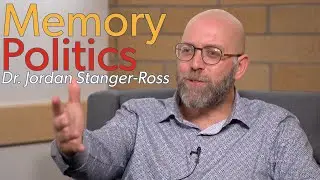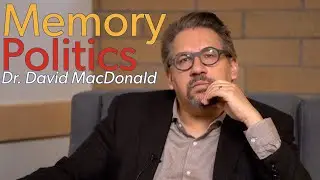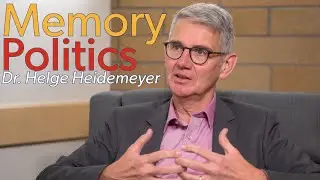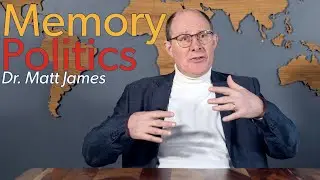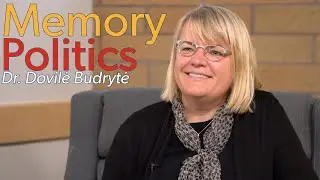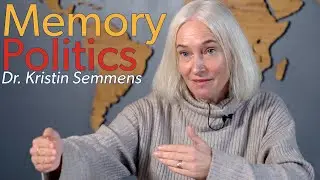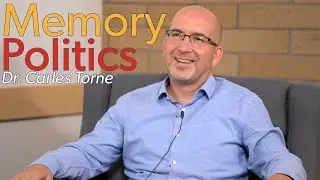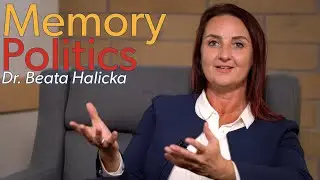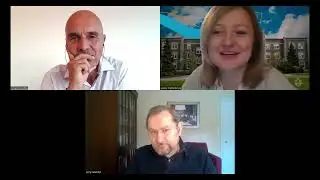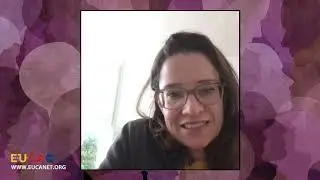Memory Politics and the Internment of Japanese Canadians - Dr. Jordan Stanger-Ross
Dr. Jordan Stanger-Ross, University of Victoria, explains how history is present within processes of social and political self-understanding. Through observing processes of self-understanding, he argues that we can discourage similar forms of ‘slippage’ in future moments of crisis. Dr. Stanger-Ross’s work focuses on the internment of Japanese Canadians in the 1940s. As it relates to memory, this history of oppression has never quite made it into the consciousness of Canadians. There is this ‘silence’, and we must find methods to engage in various ways with this silence. Dr. Stanger-Ross however stresses the work that community organizations have pushed, trying to work against the tendency to ‘forget’ this side of Canada’s history. The unique challenge that many local organizations and even academics encounter is how to position Japanese Canadian injustices in relationship to other injustices in Canada. There is a concern that certain ways of presenting Japanese Canadian internment could obscure other histories of injustice in a settler-colonial country. Finally, Dr. Stanger-Ross also highlights that public and political engagement with histories is different according to location. Indeed, while there are communities of Japanese heritage in Brazil and Australia, and their histories are connected, memory politics is different by location. Most importantly: While some societies have grappled with the past, others have not.
This interview is part of the interview series " Expert Voices on Memory Politics" realized with the financial support of the Konrad Adenauer Foundation Kanada and Erasmus+ Program of the European Union. The interviews were recorded during the October 2022 conference "Addressing the Past - Shaping the Future".
EUCAnet (Europe Canada Network) is a hub for experts primarily located in Canada that work on European and Canadian current issues from a transatlantic perspective. These experts offer commentary and expertise and are available for media interviews and public talks. We are a public outreach platform – that makes scholarly knowledge available and meaningful to the public in times when the need for evidence based knowledge and public debate is crucial. Our goal is to foster the Canada Europe Transatlantic Dialogue with the aim of supporting the process of informing public policy making.
Focus on : European Studies, Transatlantic Studies, Global Studies, Issues of Democracy, Populism, Memory Politics, Migration.
Official Site: http://www.eucanet.org




